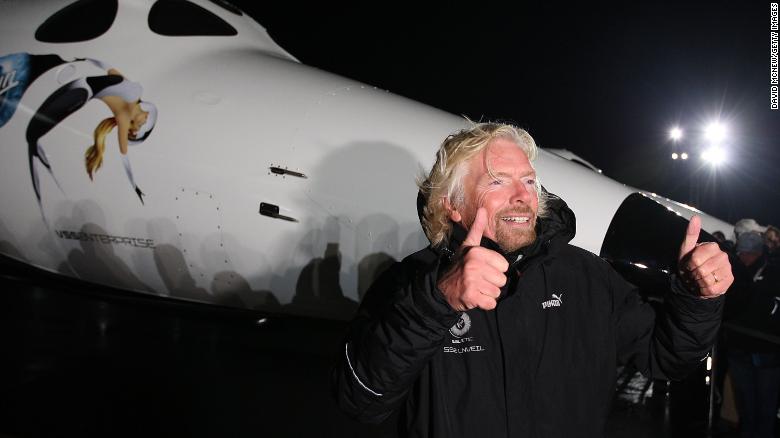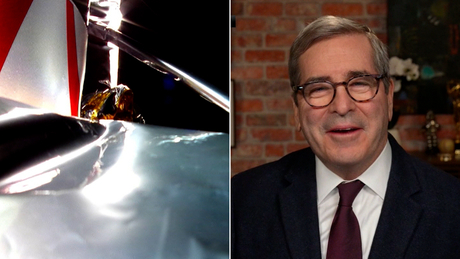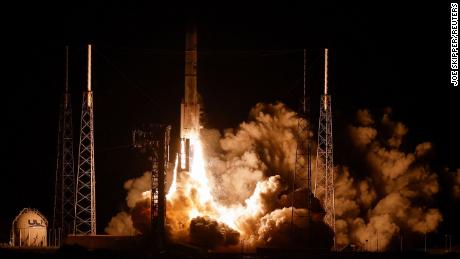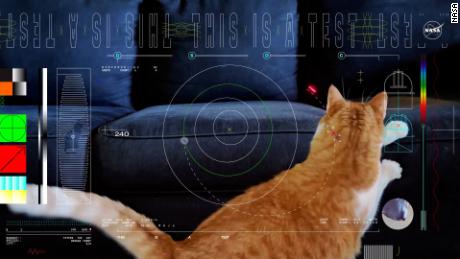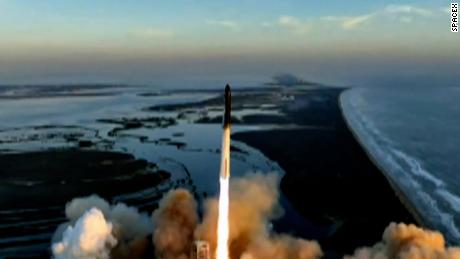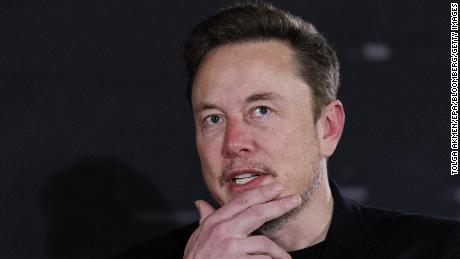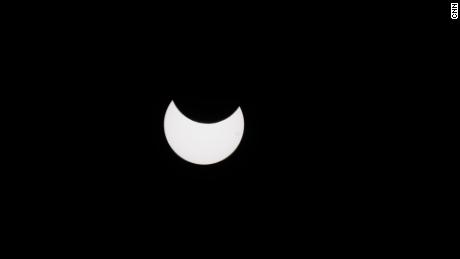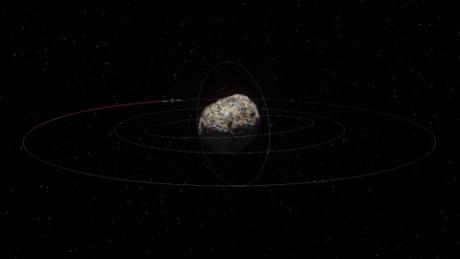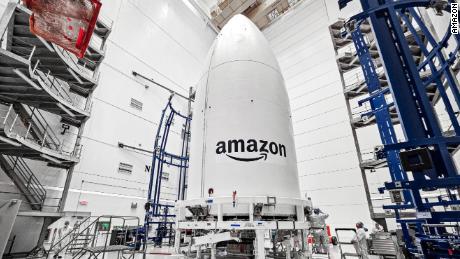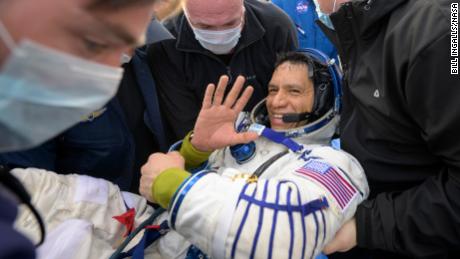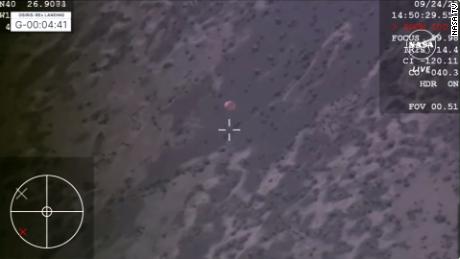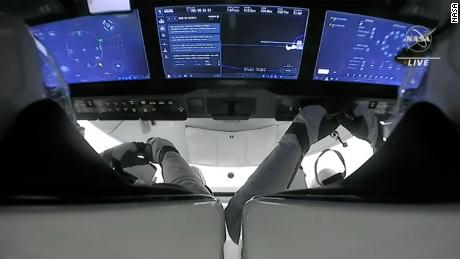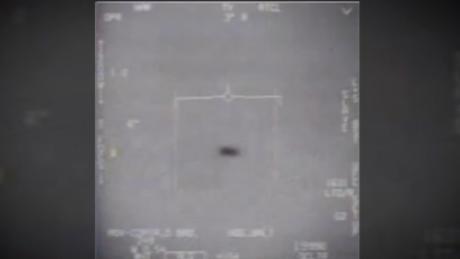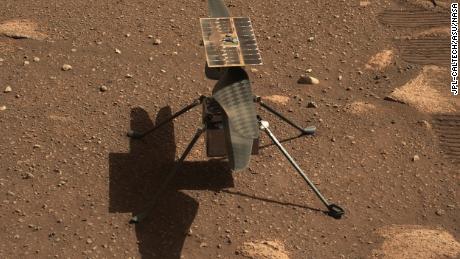New York (CNN Businesss)Virgin Galactic, which recently became the world's first publicly traded space tourism venture, posted its inaugural earnings report Wednesday, which showed just how much money the company was bleeding before it was acquired by a venture capital firm.
Galactic lost $138 million in the first nine months of 2019. By far its largest expense ŌĆö nearly $100 million ŌĆö went to research and development, the report states, as the company tested the rocket-powered space plane ahead of its first commercial flight, scheduled for next year.
The company burned through cash even faster than it did during the same period in 2018, the report shows, when it lost $85 million.
The numbers were no surprise to analysts who follow the company, said Sam Korus, an industrial innovation analyst at ARK Invest. It was widely known that Galactic was strapped for cash before it closed a deal on October 25 to merge with Social Capital Hedosophia, a "blank check" investment tool created by venture capitalist Chamath Palihapitiya that traded on the stock market for years before its deal to acquire Virgin Galactic.
That transaction, executed as a reverse merger, was approved by shareholders last month and Galactic began trading under the ticker "SPCE" on October 28.
As Galactic noted in its quarterly report, that deal gave the company a $430 million cash influx that will keep it funded while it finishes testing its vehicle, SpaceShipTwo, which has been under development for more than a decade.
The company plans to send groups of up to six paying customers on brief, scenic flights to the edge of space, where they'll float weightless for a few minutes while viewing the cosmos through the plane's windows. They'll also encounter intense G-forces as the plane rockets its way to more than 50 miles above Earth.
Galactic has said about 600 people already have tickets and agreed to pay between $200,000 and $250,000 for their trips. The company is not currently taking on new customers, but its new financial filing revealed that more than 3,500 people have expressed interest in purchasing tickets. That's a healthy number, said Korus, the ARK analyst, but it's not clear how many will actually pony up cash whenever tickets go on sale again.
Many have questioned whether enough of the world's ultra-wealthy are willing to pay for short trips to space. And Galactic will have competition: Amazon founder Jeff Bezos is personally funding his own rocket venture, Blue Origin, which is gearing up with its own suborbital space tourism venture. Both companies are expected to fly their first passengers in 2020.
Korus added that he is excited by one potential line of business for Galactic: Using its space plane to conduct ultra-fast flights between cities here on Earth. He said his research indicates as many as 2.7 million people might be willing to pay up to $100,000 for a long-distance hypersonic flight that shaves hours off their normal travel time.
"That market could scale to $270 billion in revenues annually," he said.
Galactic has long talked about conducting long-distance flights, and Boeing (BA) in October invested $20 million in the company in a deal focused largely on aiding development of hypersonic transit.
But, Korus added, he's still unsure whether Galactic's core tourism business will be able to sustain the company until it can get a point-to-point business off the ground.
Investors and analysts will get more details about Galactic's current operations and outlook when the company hosts its first earnings call in February 2020.
